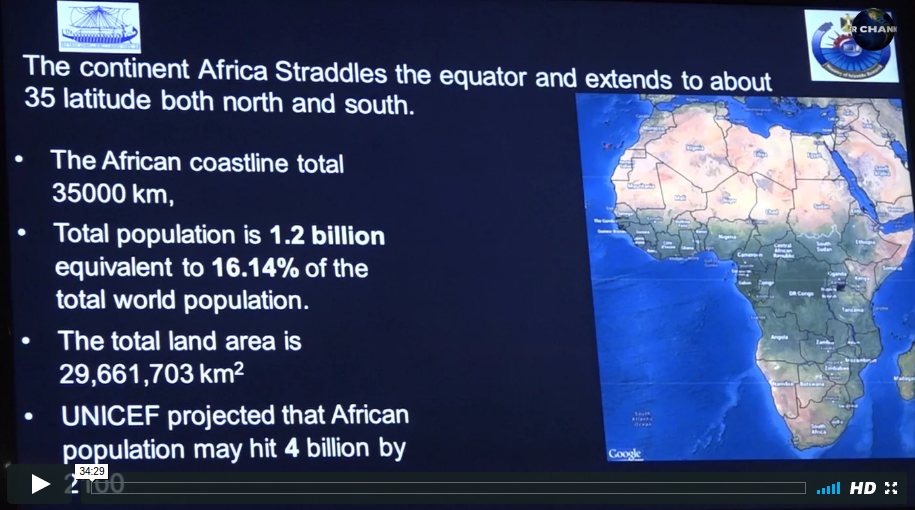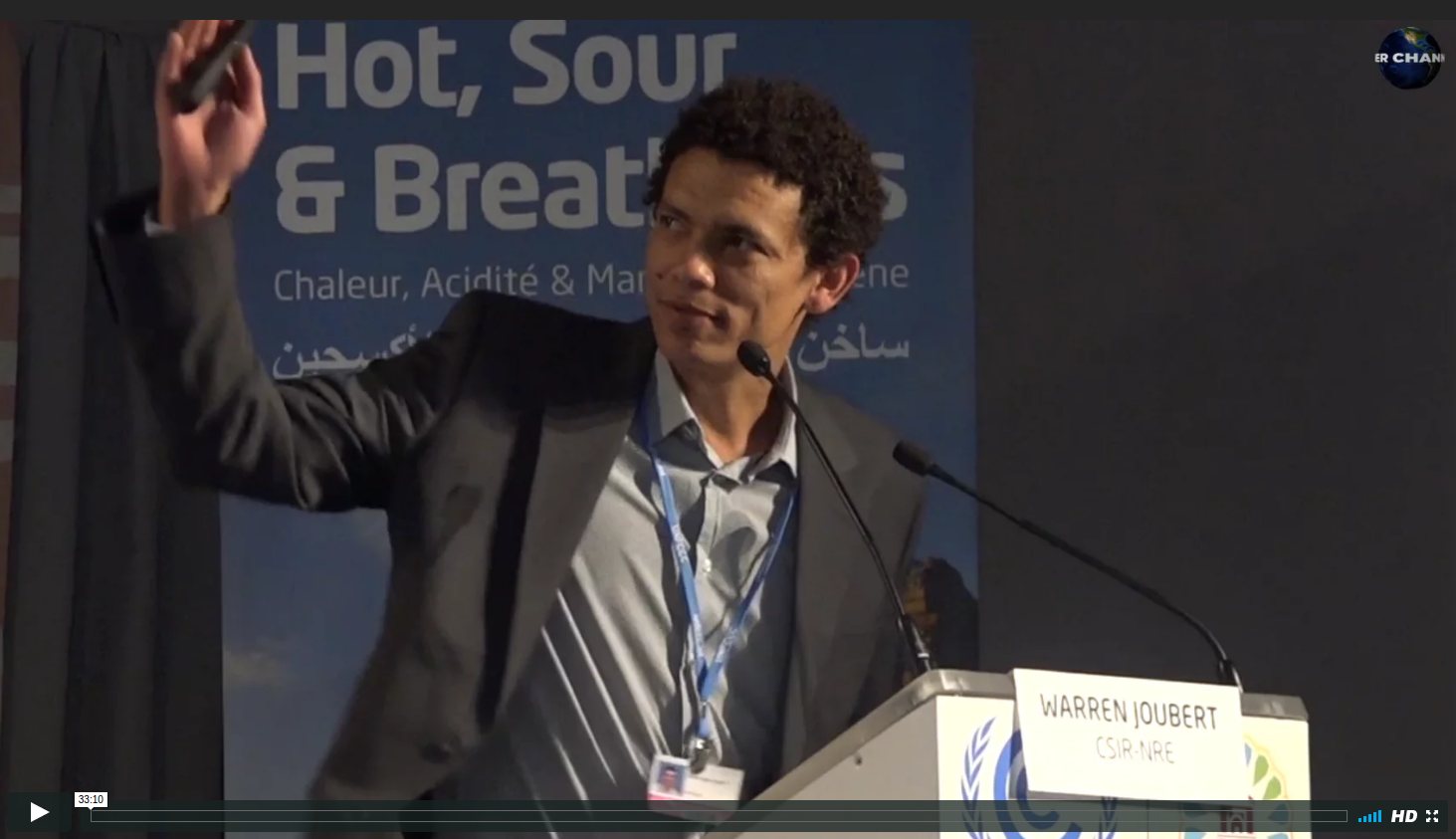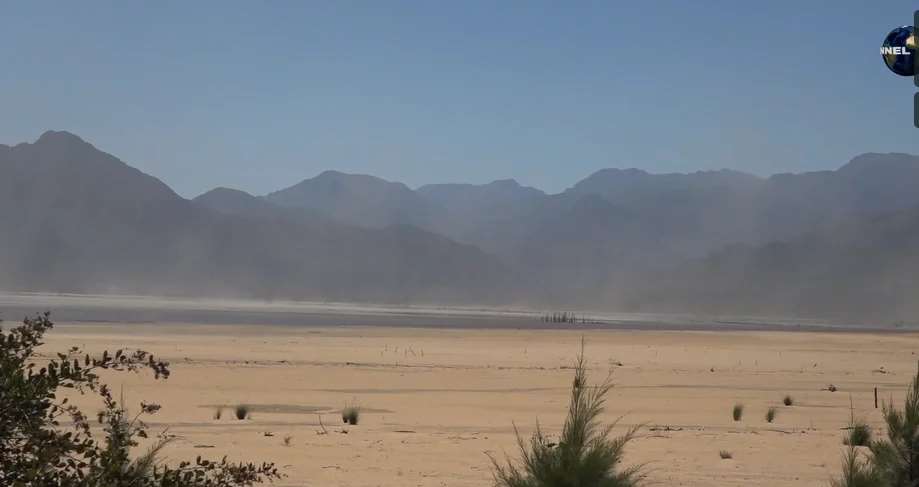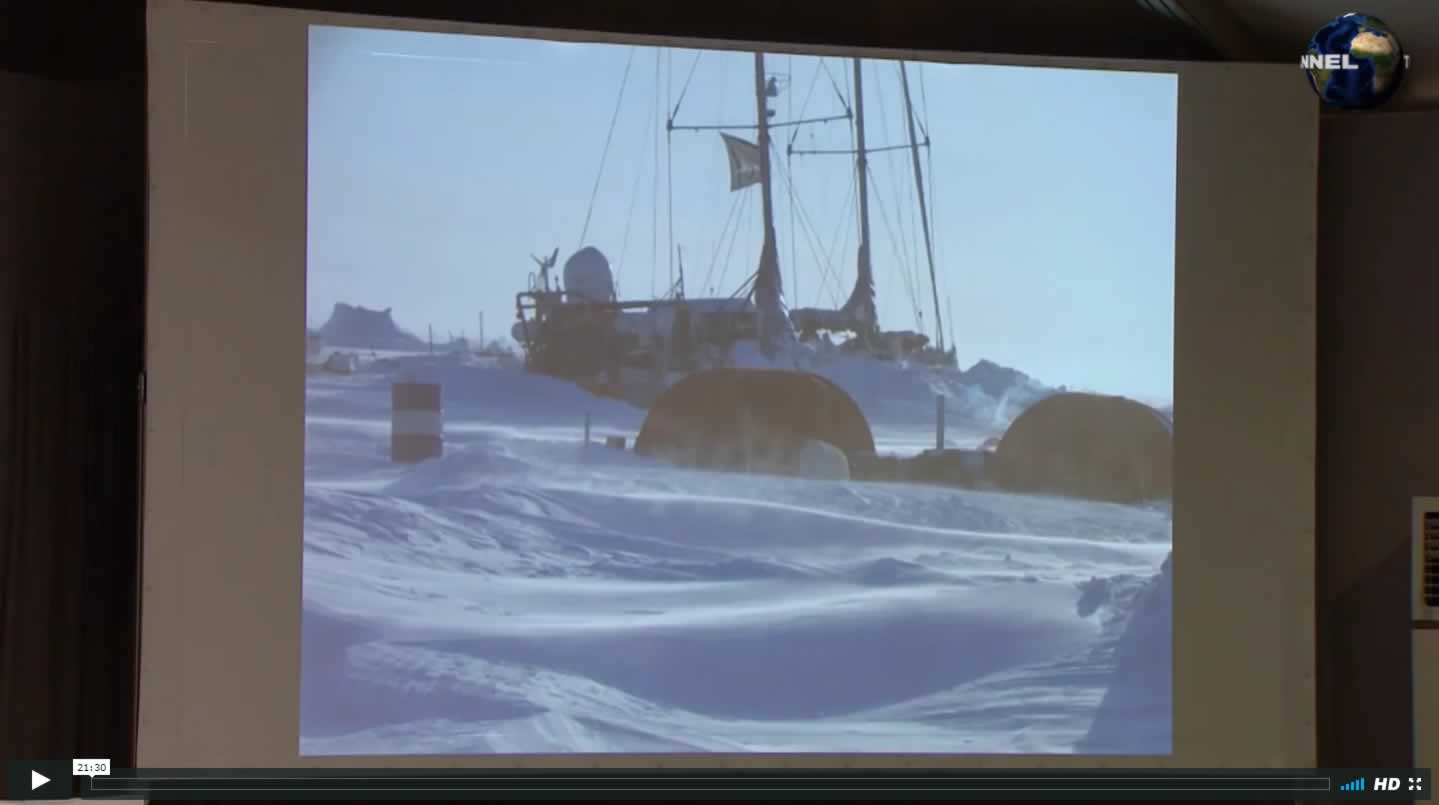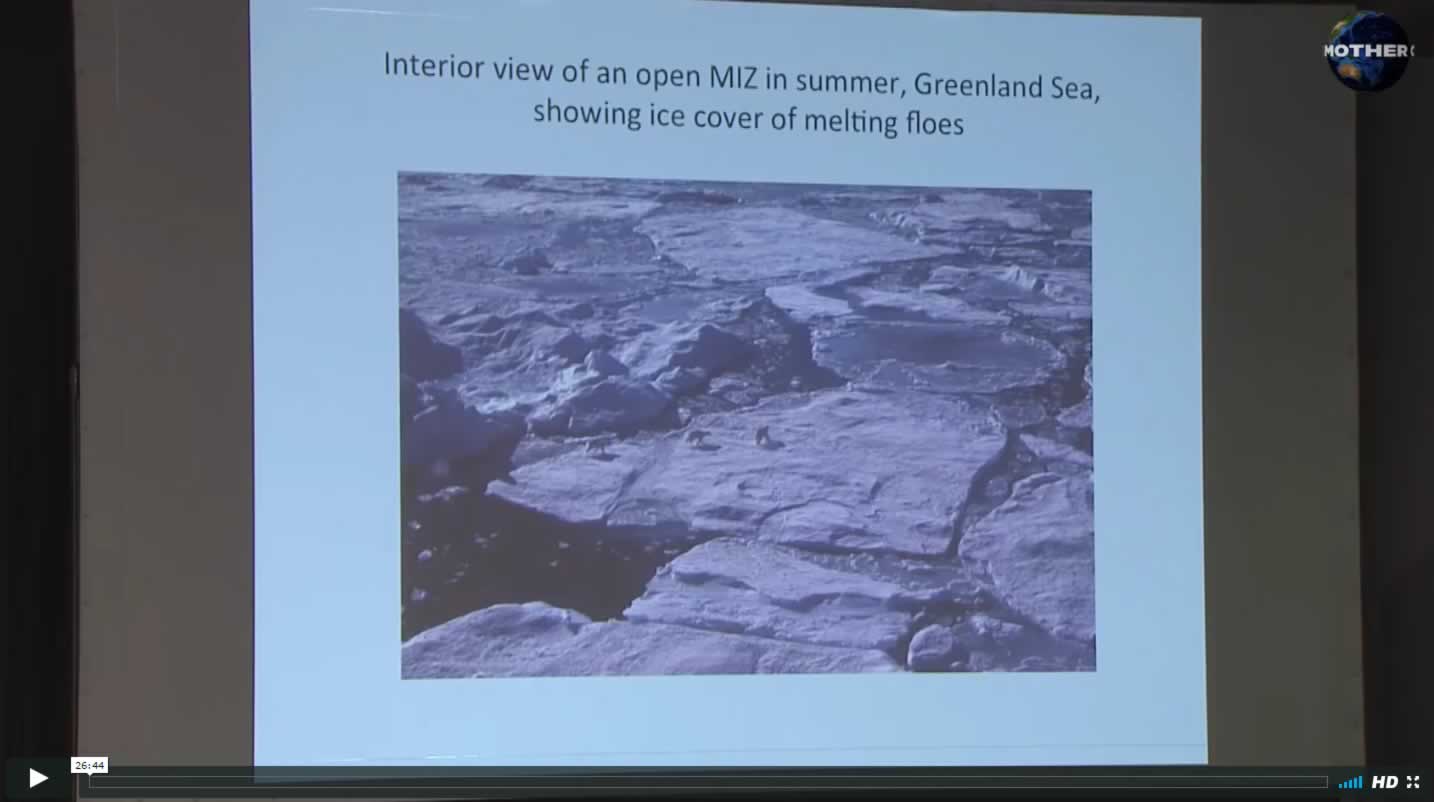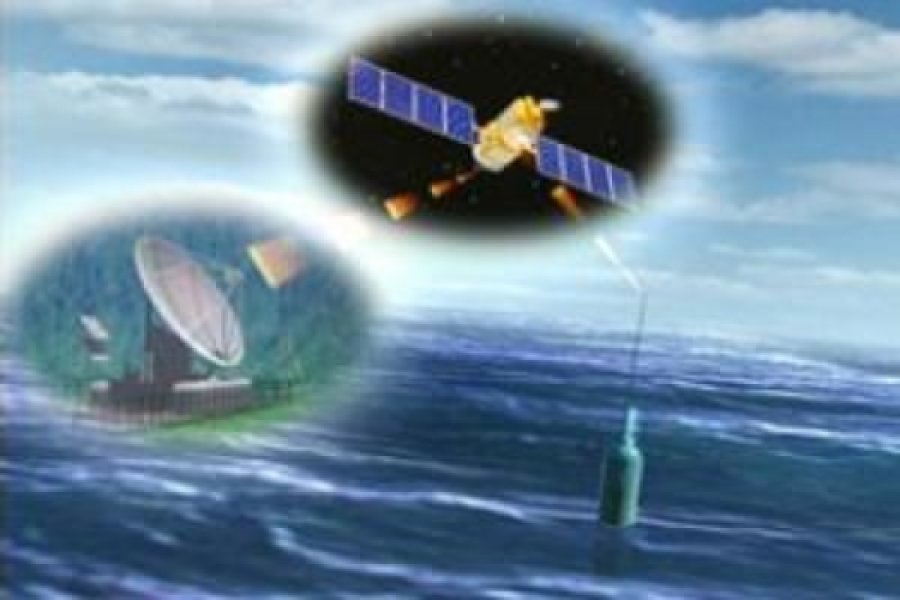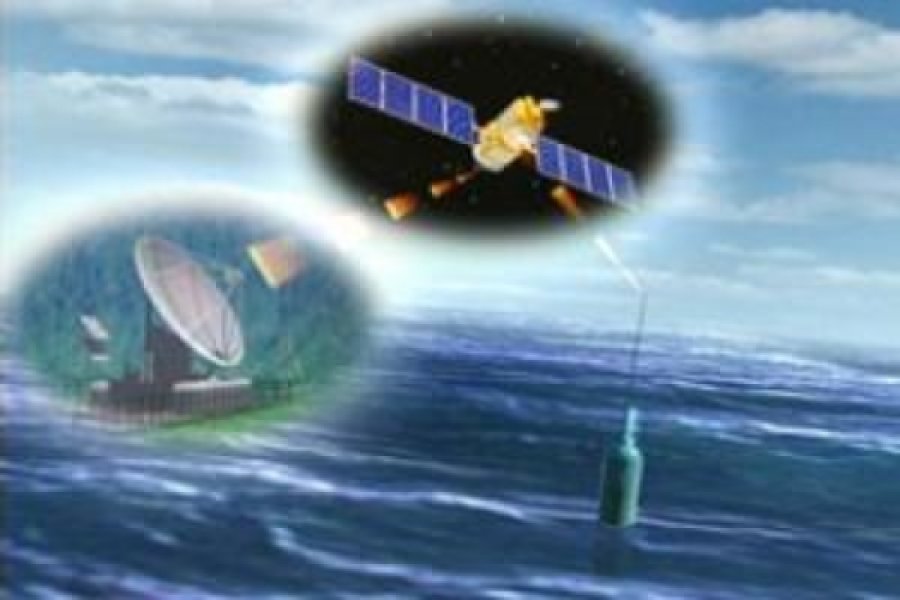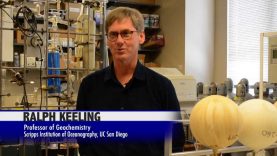- Live Stream
- Climate Change
- ENN
- Environmental Info
- Green Business
- Green Solutions
- Beautiful World
- Categories
- Articles
- Arctic & Glaciers
- Polar Regions and Glacier Reports
- Ethical Dimensions
- Global Warming
- Peatlands & Wetlands
- ENN – The Environmental News Network
- Agriculture
- Chemicals
- Conservation
- Fish Crime
- Forests
- Health
- Mountains
- Oceans
- Energy
- Money
- Green or Gone
- Nutrition
- Permaculture
- Various Solutions
- Powerful
- Watch This
- Water
- Breaking News
- Series ENN
HomeClimate ChangeGlobal Warming'ARGO to the Rescue'....Monitoring Global Oceans and Coastal Ecosystems
‘ARGO to the Rescue’….Monitoring Global Oceans and Coastal Ecosystems
At a Scripps Institute of Oceanography press conference, held at COP 22, Marrakech, Yassir Eddebar, PhD candidate at Centre for Marine Biodiversity and Conservation (CMBC), and Todd Martz, Associate Professor of marine chemistry speak on the monitoring of the Global Carbon and Heat Budget of the planetary system, giving overviews on a few of the […]
CLOSE

